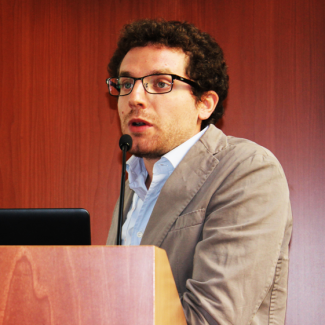Breaking the cycle: Reducing non-payment for electricity - experimental evidence from Pakistan
This research tests the effectiveness of behavioural interventions in fostering regular bill payment. This will be achieved through a randomised field experiment conducted in Karachi, Pakistan. The experimental design was defined in partnership with K-Electric (KE), a private, vertically integrated electric-energy corporation serving around 23 million residential, industrial, and commercial customers in Karachi. In spite of the company’s efforts to reduce losses from non-payment of bills through initiatives that strengthened enforcement and made payment easier, recovery rates still range between 70 and 90%.
The specific features of the interventions tested exploit the peculiarities of the setting in which KE operates. Energy provision by KE follows a policy of selective load shedding at the feeder level, with the number of hours of outages increasing in the level of losses. Under this policy, the individual decision to pay in full and on time generates a positive externality and therefore is contributing to a local public good. Moreover, the presence of thresholds in the level of losses, which correspond to discrete changes in the number of hours of outages, introduces an element of coordination that further qualifies the relationship between individual decisions and group outcomes.
Our proposed interventions will make use of the tools commonly used in tax evasion and energy efficiency studies. The study will use a randomised controlled trial involving 10,000 KE customers, randomly selected from medium, high and very high loss areas. This research will contribute to exciting recent literature that combines laboratory and field experiments to study how real world outcomes can be explained by underlying preferences and norms.






